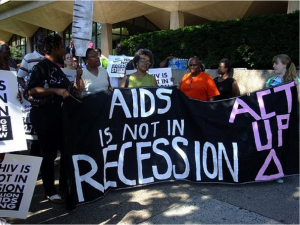“This is where the story starts, in this threadbare room. The walls are exploding. The windows have turned into telescopes. Moon and stars are magnified in this room”(190).
This quote from Written on the body is very puzzling. It mentions “Moon” and “stars” in the “room” so does that mean that it is night? Or does it mean that the narrator is imagining this scene in space? How could objects of space be located on earth? Also, the quote is odd because it states, “This is where the story starts…” but it is the last page in the book. How could the story begin when it is over? I think the narrator is implying that stories never end because as long as life proceeds time proceeds. I think this, because the word “exploding” reminds me of reactions or The Big Bang. Both of these aspects deal with time and occur over different lifetimes and different progressions.
Time however, is a tricky concept. We can think of it in hours and seconds, or relate time to calendar years and time zones. According to Halbustan, Queerness is a “potential to open up new life narratives and alternative relations to time and space” (2). Therefor, I think Halbustan is implying that if there are no boundaries and norms to fallow then there is an endless amount of time. An endless amount of time to define time in ones own way or to let time proceed on it’s own without a definition. This is shown in the moment “where the story starts…” The narrator takes this opportunity to define time in a new context. It might be crazy but I think the narrator measures time as a binary. This binary is earth vs. space where earth is the “room”, “telescope”, windows”, and “walls” while space is defined by the “moon” and “stars”. Since these are such contrasts and so far away from each other I think the narrator defines time as infinite. There is no beginning or “start”. There is no end but only a continuous movement. This book does a great job of manipulating time in this way and makes the reader think about it differently as well.
